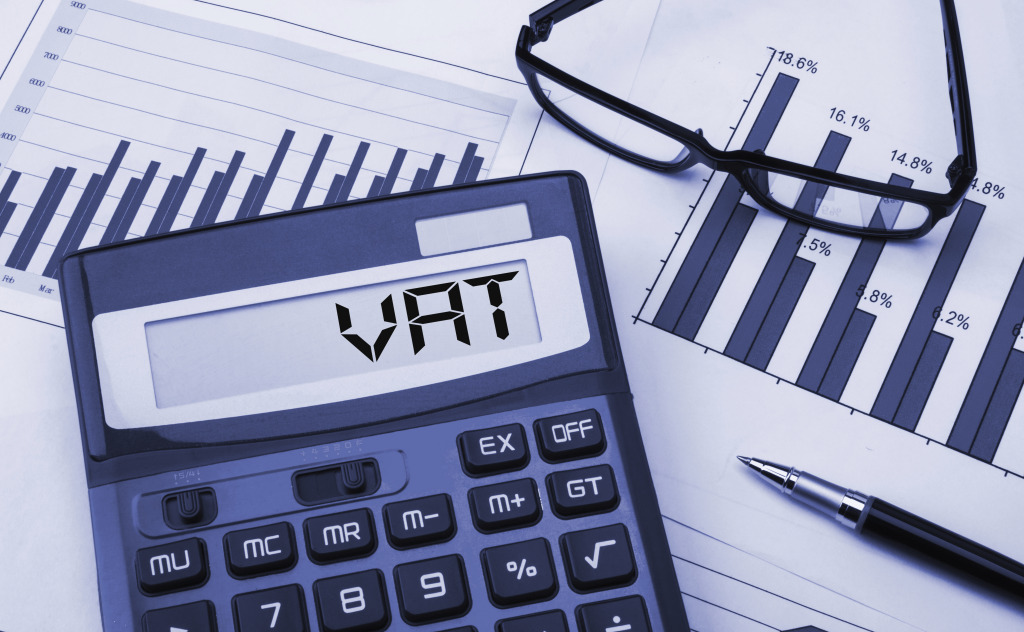
In the previous edition of our newsletter, we informed you about the proposal to abolish the CFC rules applicable to individuals. This change was approved and became effective on 1 August 2023.
On 28 June 2023, the National Council of the Slovak Republic approved another amendment to the Income Tax Act (Act No. 315/2023 Coll.), which reduces the tax and levy burden on certain types of capital income. The aim of the approved amendment is to facilitate investing and saving for ordinary citizens, including in the context of long-term investment savings or as a voluntary form of saving for retirement. The amendment to the Income Tax Act takes effect from 1 January 2024. The main changes include:
- Taxation of income from the sale of virtual currency after one year (the so-called “time test”) from its acquisition at a rate of 7%. In cases where the time test is not passed, such income will be taxed as before, at the progressive tax rate of 19% or 25%.
- The obligation to pay health insurance levies on the sale of virtual currency is abolished if the virtual currency has not been included in business assets. The above applies to any income from the sale of virtual currency, regardless of the time test.
- Exchange of a virtual currency for another virtual currency is no longer considered a sale of virtual currency and is therefore not taxed.
- Exemption of income from the exchange of virtual currency for property or for the provision of a service, where the aggregate of the income less expenses does not exceed EUR 2,400 per year.
- Tax exemption for income from unit certificates obtained by their payout (redemption/return) after 3 years from their issue date.
- Tax exemption for income from the sale of securities that are not admitted to trading on a regulated market or on a similar foreign regulated market, after 3 years from their acquisition.
A number of parliamentary proposals for amendments to the Income Tax Act have also been proposed in the Parliament and are currently in the process of being approved. The most significant ones include:
- Tax exemption for income from the sale of a real estate property if the seller has resided in the property for at least two years prior to the sale or in cases where the seller has resided in the property for less than two years and uses the money from the sale of the property exclusively for the purchase of a property intended for their own residence within one year of receipt of the payment for the property.
- Application of the current amount of the child tax bonus for 2023 and 2024.
- An increase of the maximum amount of expenses that a taxpayer can apply in the case of applying so-called flat-rate expenses from the previous amount of EUR 20,000 to EUR 25,000, and a proposal to introduce a mechanism to increase these maximum expenses annually by the rate of inflation.
The Ministry of Finance of the Slovak Republic has published preliminary information according to which it plans to introduce a simplification of the rules of the super-deduction for research and development expenses and the reintroduction of the possibility of tax-neutral business combinations in Slovakia.
